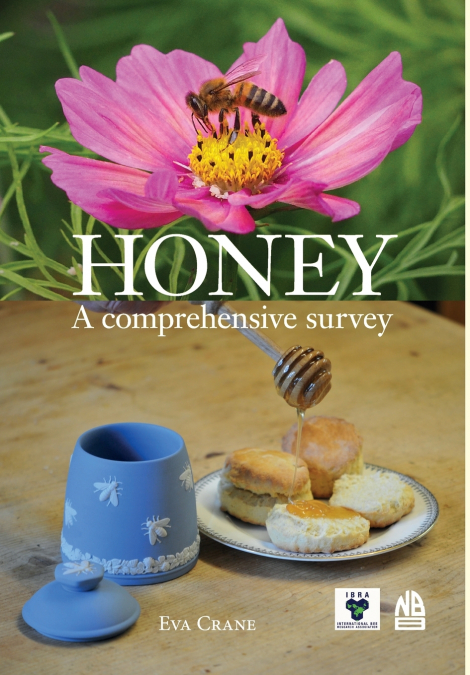
Eva Crane
“A pound of honey on the breakfast table necessitates a total flight path equivalent to three orbits round the earth, each orbit using up an ounce of honey as fuel.”Bees were producing honey long before man appeared on earth. Honey was one of man’s earliest foods, and has been valued throughout successive civilizations. Today its popularity is increasing as never before.Here is a lively but authoritative book written by eminent world experts covering the whole subject of honey, its plant sources, its production, marketing and economics. The contributors deal with, for example, the flowers that honey comes from, and the role of the beekeeper; the chemical, physical and biological properties of honey; modern methods of processing, storing, and quality control; legislations; world trade; the manifold uses of honey, including its fermentation; the language of honey. In fact, each chapter is almost a book in itself: that on history, for instance, describes the part played by honey - before the existence of man, among primitive peoples, in ancient civilisations, in medieval Europe, and up to the present day-with beautiful illustrations for every period.Beekeepers, honey producers and traders, food chemists and biochemists, entomologists and botanists are not the only ones catered for: mead makers, those who like natural foods, social historians, and language students will find plenty to interest them.